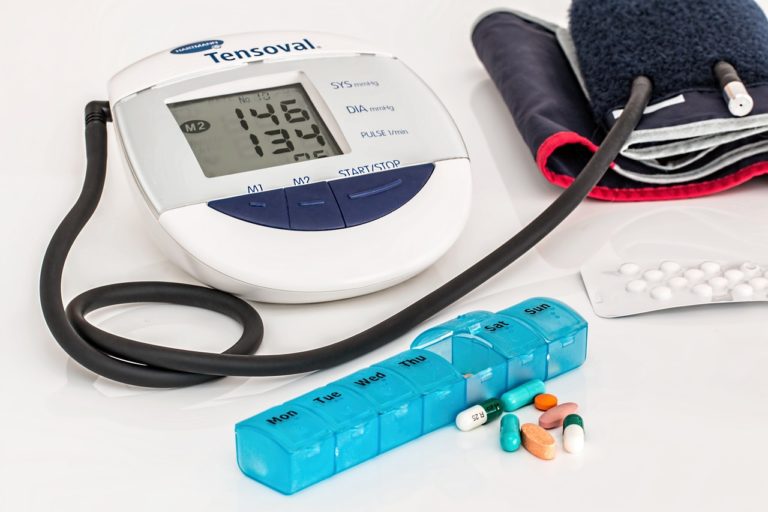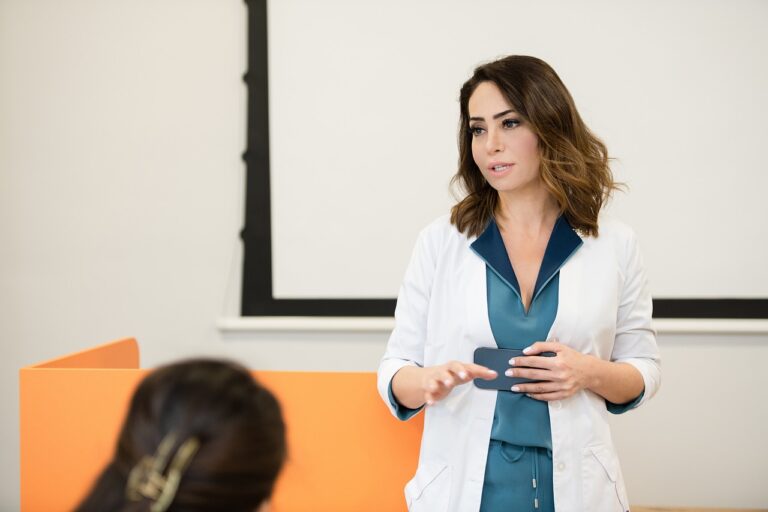Book Appointment Now

Importance of Vaccination for Elderly Patients
As people age, their immune systems become less effective, making them more vulnerable to various infections and diseases. The vaccination for elderly patients is essential in safeguarding their health by preventing serious illnesses, reducing hospitalizations, and minimizing the risk of complications that could be life-threatening. This article explores why vaccinations are crucial for older adults, the recommended vaccines, and how to overcome common barriers to immunization.
Do you need essay writing help about vaccination for elderly adults? ![]()
Why Vaccination is Crucial for Elderly Patients
Understanding the Risks of Infections in Older Adults
Elderly patients are at a higher risk of contracting infections due to weakened immune systems. Key infections that pose a significant threat include:
- Influenza: The flu is particularly dangerous for older adults, often leading to severe complications, hospitalization, or death.
- Pneumonia: This condition remains a leading cause of morbidity and mortality among seniors, often exacerbated by underlying health issues.
- Shingles: A reactivation of the chickenpox virus, shingles can cause painful rashes and long-term nerve pain.
Public Health Implications of Vaccination
Vaccination not only benefits individual elderly patients but also has broader public health implications:
- Reducing Disease Spread: Immunizing seniors helps decrease the transmission of infections, protecting other vulnerable groups such as children and immunocompromised individuals.
- Lowering Healthcare Costs: Preventing diseases through vaccination reduces the need for hospital admissions and extensive treatments, ultimately lowering healthcare costs.
Recommended Vaccines for Elderly Patients
Essential Vaccines for Older Adults
Healthcare providers should ensure that elderly patients receive the following vaccinations:
- Influenza Vaccine: An annual shot that protects against seasonal flu, which can be severe in older adults.
- Pneumococcal Vaccine: Protects against pneumonia, meningitis, and bloodstream infections.
- Shingles Vaccine: Recommended to prevent shingles and its complications, such as postherpetic neuralgia.
- Tdap Vaccine (Tetanus, Diphtheria, Pertussis): Protects against these three serious diseases, especially if the patient has not been vaccinated in adulthood.
Additional Vaccines Based on Health Status
Certain elderly patients may need additional vaccines based on their specific health conditions:
- Hepatitis A and B Vaccines: Recommended for those with chronic liver disease or other risk factors.
- Meningococcal Vaccine: For patients at risk of meningitis due to specific medical conditions or compromised immunity.
Addressing Challenges in Vaccinating Elderly Patients
Overcoming Vaccine Hesitancy
To promote vaccination for elderly adults, it’s important to address hesitancy by:
- Educating Patients and Caregivers: Provide clear, accurate information about vaccine benefits and safety to dispel myths and misconceptions.
- Fostering Trust: Encourage open conversations where patients feel comfortable discussing their concerns.
Improving Access to Vaccination
Increasing access to vaccines can significantly enhance immunization rates among elderly patients:
- Mobile Clinics and Community Programs: Bringing vaccination services directly to seniors in their communities or residential care facilities.
- Financial Assistance Programs: Offering subsidies or free vaccines to ensure affordability, particularly for low-income elderly patients.
The importance of vaccination for elderly patients is paramount in protecting their health and well-being. By preventing serious diseases, vaccinations help reduce hospitalizations, minimize complications, and promote overall health in older adults. Addressing barriers such as vaccine hesitancy and access challenges is critical in ensuring that seniors receive the necessary immunizations. As our population continues to age, prioritizing vaccination for elderly patients will be key to maintaining public health and improving quality of life for older adults.
Also read:
- DQ1 Polypharmacy in the Elderly Discussion
- The Vaccines Commonly Used for Disease Prevention essay assignment
- NU 629 Week 9 Discussion Helping Adults Stay Healthy







